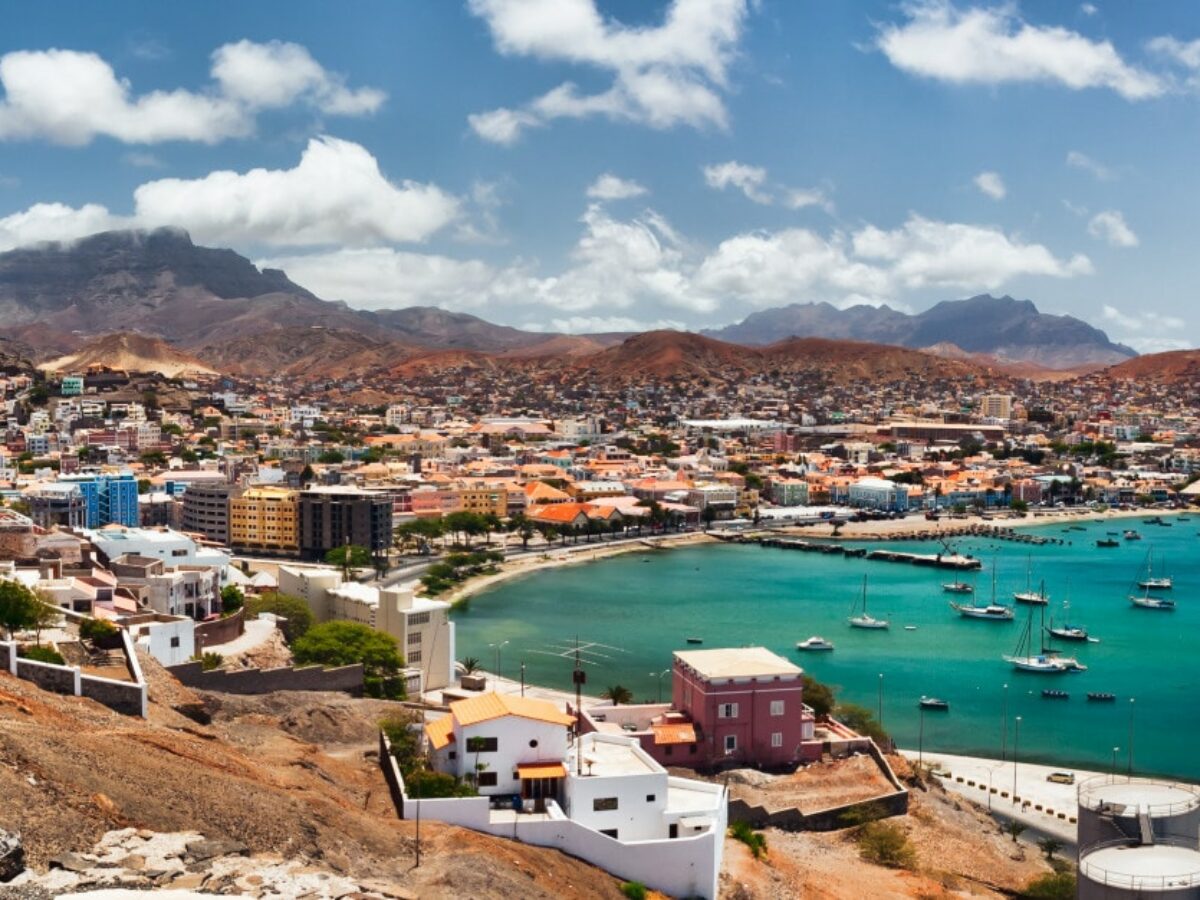
The archipelago of Cape Verde, located off the northwest coast of Africa, is a haven for tourists seeking sun, sea, and sand. This group of islands has become increasingly popular due to its stunning beaches, pleasant climate, and vibrant culture, making tourism a crucial component of its economic stability.
Cape Verde’s allure lies in its pristine beaches, crystal-clear waters, and year-round mild climate. These natural attributes attract visitors from across the globe, eager to experience the unique charm of the islands. The tourism industry in Cape Verde has seen significant growth, contributing substantially to the nation’s GDP and providing employment opportunities for many residents.
The government of Cape Verde has invested heavily in developing infrastructure to support and enhance the tourism sector. This includes upgrading airports, improving road networks, and expanding hotel and resort facilities. Such efforts aim to provide a seamless experience for tourists, thereby boosting visitor numbers and ensuring repeat tourism.
Local businesses, including restaurants, tour operators, and artisans, thrive on the influx of tourists. The tourism boom has led to the proliferation of diverse culinary offerings, guided tours showcasing the islands’ natural beauty and cultural heritage, and a bustling market for local crafts and souvenirs.
Moreover, tourism has played a pivotal role in cultural exchange, allowing visitors to immerse themselves in Cape Verdean traditions, music, and festivals. This cultural interaction enriches both the tourists’ experience and the local community, fostering a deeper appreciation for the islands’ heritage.
However, the heavy reliance on tourism also poses challenges. The COVID-19 pandemic highlighted the vulnerability of Cape Verde’s economy to global travel disruptions. During this period, the nation experienced significant economic setbacks, underscoring the need for diversification and sustainable tourism practices to mitigate future risks.
In response, Cape Verde is exploring eco-tourism and other niche markets to attract a broader range of visitors while preserving its natural environment. Initiatives to promote renewable energy, protect marine ecosystems, and encourage responsible tourism are being implemented to ensure the long-term viability of the tourism sector.
As Cape Verde continues to welcome tourists from around the world, the archipelago remains committed to balancing economic growth with environmental sustainability. The enchanting islands, with their idyllic beaches and hospitable culture, will undoubtedly continue to be a sought-after destination for years to come.
